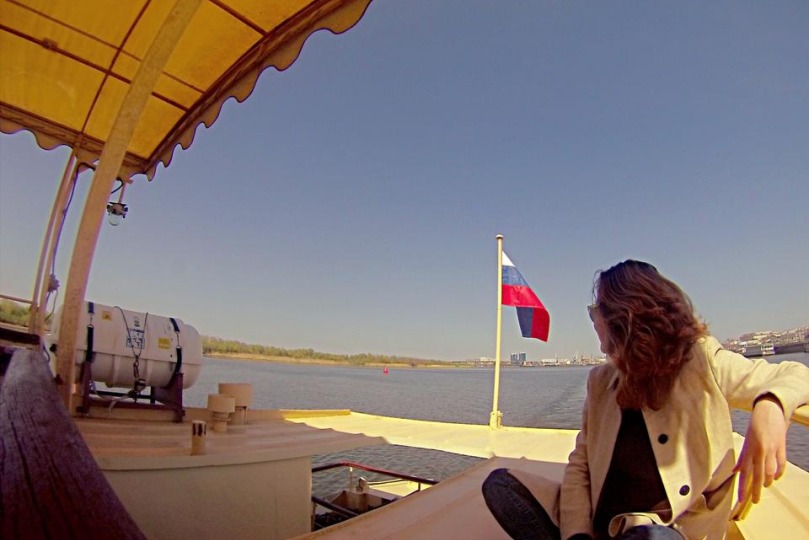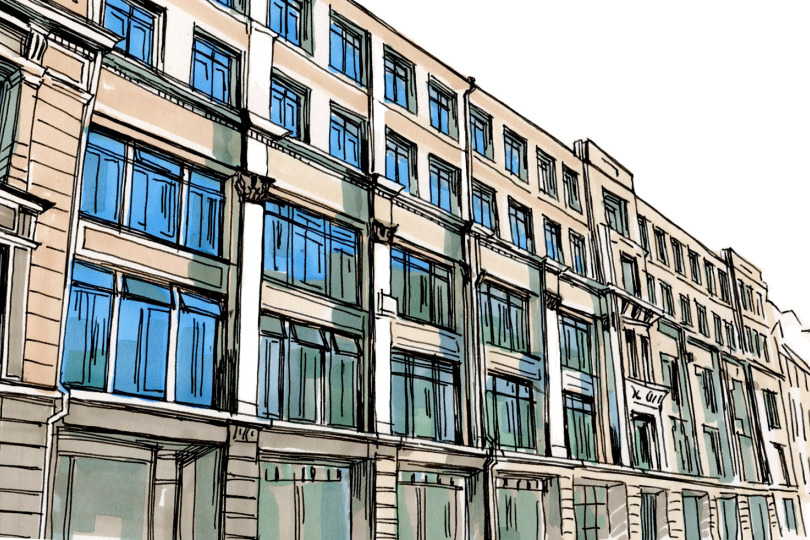
International Students Explore Russia: Xenia Trotsky in Murmansk and Astrakhan
Xenia Trotzky is an HSE international student who came from Austria to study management and explore Russia. Her grandfather was born in Voronezh but left Russia during the Revolution of 1917, fighting for the White Army. ‘I hope people in Europe – including my friends – would one day stop believing all the stereotypes about Russia and would stop seeing Russia as a dangerous and retrograde country. Concerning all the big cities I’ve visited in Europe, Moscow is definitely the safest of them.’
HSE SPb Bachelor’s Economics and Master’s Finance Programmes Accredited by ACCA
The Bachelor’s programme in Economics and the Master’s programme in Finance at HSE in St. Petersburg have successfully gained accreditation from the Association of Chartered Certified Accountants (ACCA). Graduates of the bachelor’s programme will now be exempt from two and Graduates of the master’s programme, from four ACCA exams.
13%
of full-time students at Russian universities in 2014 had intentions of studying abroad. A year earlier, the figure was 20%.
Low Self-esteem May Predict Unemployment
Once unemployed, mid-level employees suffer primarily from loss of income, while senior-level leaders mostly resent the loss of respect; of all employee categories, production and service workers are most likely to become unemployed. These are some of the findings summarized in the paper 'The dynamics of subjective social status associated with loss of employment: an analysis of occupational differences', which was presented by Anna Zudina, Junior Research Fellow of the Centre for Labour Market Studies, at the Ninth Yuri Levada Memorial Conference on Contemporary Russian Society and Sociology hosted by HSE.
47%
of Russians reported the existence of electronic scheduling at the health clinics they visit. This is 7% more than in 2013.

Around HSE
HSE invites you on a virtual tour of Moscow. We’ve put all the HSE Cornerstone articles together and made a map of places worth seeing in the neighbourhoods around the university buildings.
'I Believe That Everything Will Work out for the Best'
International College of Economics and Finance (ICEF) MA graduate Maria Titova will this year continue her studies at the University of California, San Diego (US), where she will study for a PhD in Economics. Maria has received an offer of studying, fully funded, on 8 different PhD programmes in the United States and Great Britain, including University of Wisconsin - Madison, University of Rochester, Boston University, Boston College, Pennsylvania State University, Washington University in Saint-Louis, University College London, and the Vienna Graduate School of Economics.
Personal Success is Determined by Favourite Work
For people today, a job is not only a source of revenue, but also an essential attribute of a full life. Professional work must be interesting, in demand by society, well paid, and must leave a certain level of freedom, young Russians believe. This is what researchers from the HSE Centre for Youth Studies (CYS) in St. Petersburg found out as part of their project ‘Youth solidarities and generations of the 21st century: the values of labour and consumption’.
45
full-time state-funded Master’s programmes at HSE have completed enrolment for graduate students.

